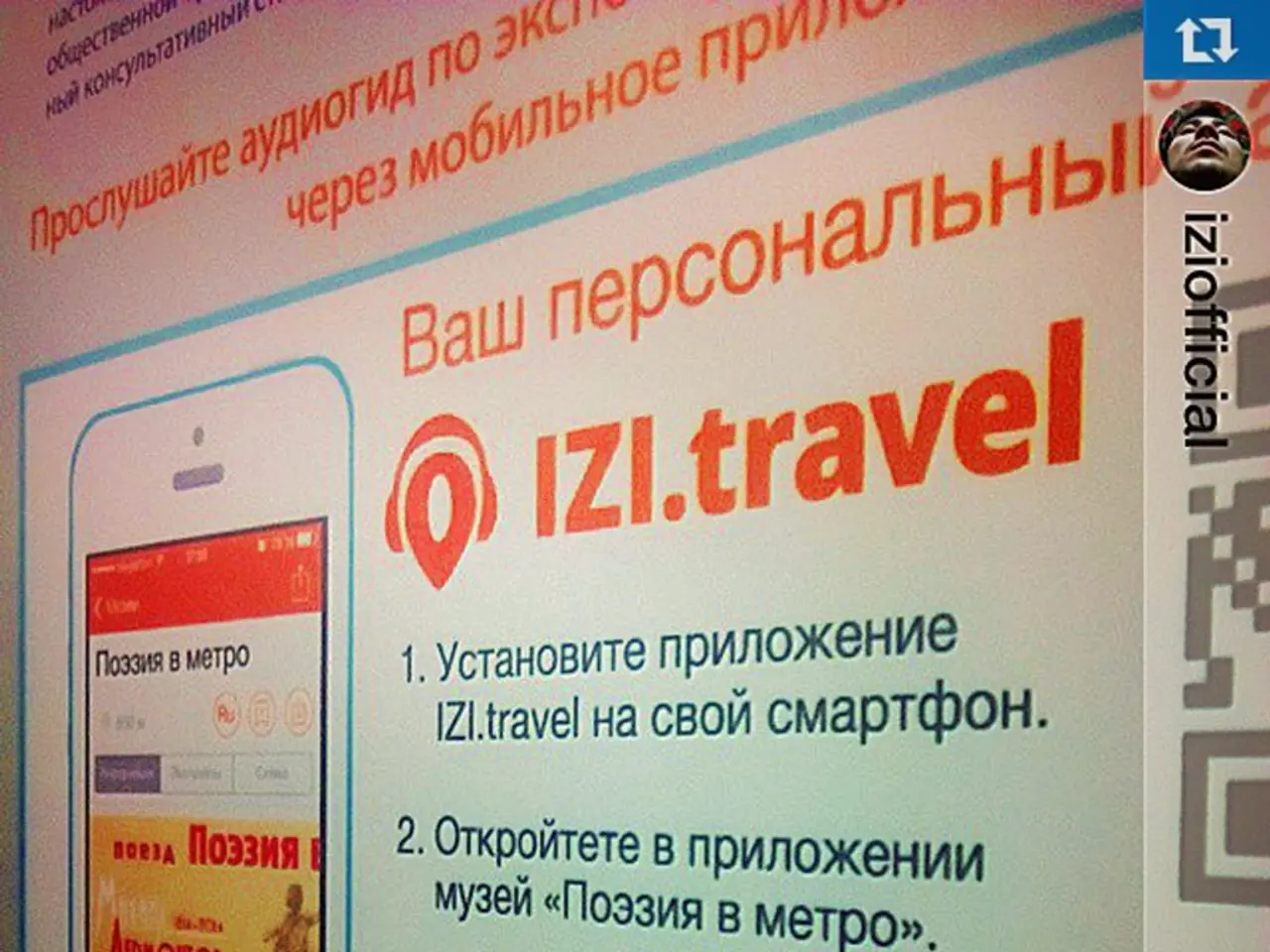Guarantee of Compensation for Victims of MEV Attacks Announced by GMGN Co-Founder under New Safety Protocols
In the rapidly evolving world of cryptocurrency trading, security measures have become a top priority for exchanges. Recently, Global Market Network (GMGN) has announced a new MEV (Maximal Extractable Value) protection feature to compensate users for losses incurred due to sandwich attacks. This move comes in response to an increase in malicious attacks on the platform, primarily caused by MEV-powered bots.
The MEV protection feature aims to safeguard GMGN users from sandwich attacks, a common tactic used by bots to manipulate crypto asset prices and spread false market sentiments among traders. In April 2025, there were over 260,000 sandwich attacks on Solana-based trading applications, with approximately 30.8% of these occurring on the GMGN platform.
Users who have been victims of sandwich attacks under GMGN's MEV protection can apply for compensation by providing their transaction hash number and going through official verification channels. It's essential for users to verify their transactions and losses to receive the due compensation.
GMGN's co-founder, Haze, emphasized the importance of users reporting any ongoing attacks, even with the security system in place. He also acknowledged that the system is not perfect and urged users to reach out if they are still experiencing attacks.
Centralized exchanges, like GMGN, Binance, and Bitget, operate differently from decentralized exchanges (DEXs), which are more vulnerable to MEV sandwich attacks. Centralized exchanges, such as GMGN, use a centralized order book and matching engine to execute trades, providing more control over transaction flow compared to decentralized platforms.
To prevent MEV sandwich attacks, centralized exchanges manage transaction queues internally, reducing the visibility of pending trades to external actors like MEV bots. They also do not expose pending orders, making it more difficult for MEV bots to identify potential targets. Furthermore, centralized exchanges do not use blockchain gas systems for executing trades, removing the opportunity for MEV bots to bid on gas prices to reorder transactions.
In addition, centralized exchanges often have fixed fees and pricing, which limits the opportunities for MEV bots to profit from price slippage. If an attack were to occur, these exchanges could monitor for suspicious activity, filter out or flag transactions that behave like MEV bot activities, and collaborate with other exchanges and regulatory bodies to identify and counter MEV bot operators.
Binance has also warned users that their accounts could be revoked if they use MEV bots to cheat the Alpha Points system. Meanwhile, Bitget Wallet has recently upgraded its MEV protection to prevent unfair trading mechanisms through the use of bots.
While MEV sandwich attacks are less common on centralized exchanges due to their architecture, maintaining order book integrity and preventing other types of trading abuse remains the main focus for these platforms. Despite having a relatively small trading volume compared to larger platforms, GMGN was the most impacted app by attack percentage ratioed to its trading volume.
In conclusion, while MEV sandwich attacks are more relevant to decentralized platforms, centralized exchanges can still implement measures to maintain trading integrity and prevent potential exploitation by MEV bot operators. Users are encouraged to stay vigilant and report any suspicious activities to ensure a secure trading environment.
- Haze, co-founder of GMGN, urges users to report any ongoing attacks, as the MEV protection system is not a surefire deterrent.
- Binance has issued a warning to users, stating that their accounts can be revoked if they use MEV bots to manipulate the Alpha Points system.
- Bitget Wallet has taken steps to enhance its MEV protection to minimise unfair trading mechanisms using bots.
- While centralized exchanges like GMGN, Binance, and Bitget employ measures to reduce MEV sandwich attacks, maintaining order book integrity and preventing other forms of trading abuse remains their primary focus.




